STRATEGIES FOR BEING MORE PRESENT AS AN EDUCATOR
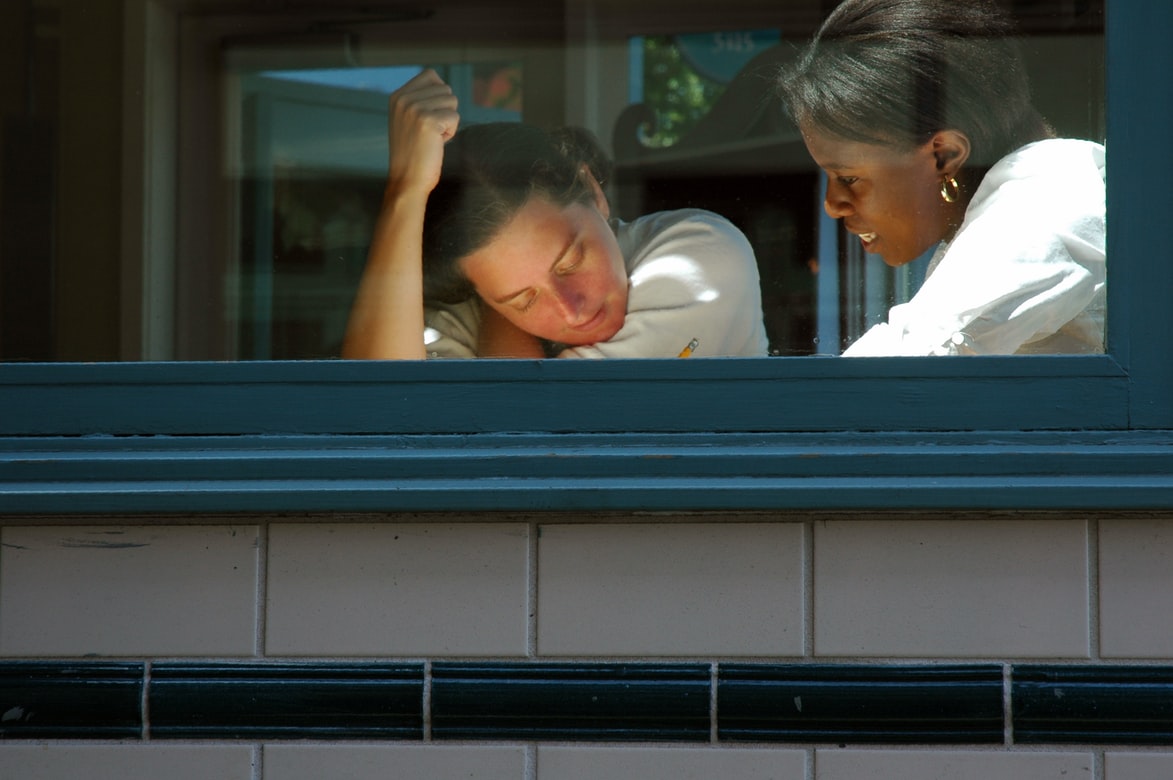
I, Matthew X. Joseph, have worked in public education since graduating from Springfield College in 1993. For the past 17 years, I’ve been fortunate enough to be a school and building leader. One thing all schools have in common (besides the need to stay away from the break room around the holidays if you are on a diet) is how compassionate and devoted educators are to making a positive difference in children’s lives. Unfortunately, due to their compassion and drive, another common thread for all educators is burnout. My goal in writing this was to share with other educators the importance of being present and maximizing things we sometimes take for granted. Two weeks ago I received my new book, Stronger Together , in the mail, I picked it up, looked at it, and thought, “Okay, what’s next?” I never even took a moment to celebrate the accomplishment. Being more present is something I’ve never been good at. Being present is now more important than ever; we can’t always count on the next event.
When I can be reflective, I learn best. That is why I write. And I am sharing these words to support other educators who may be experiencing the same, constant “What’s next?” feeling. Trying to be more present can be hard. For me, to be present, I like to collaborate. Collaboration allows me to focus because someone else is relying on me to be the best I can be. One of the individuals I like to collaborate with is mental health advocate Christine Ravesi-Weinstein, author of the book Fighting Your Inner Voice . Together, we want to share strategies you can use to be more present and give others the best version of yourself possible.
Too many educators are not as equipped for the social/emotional learning (SEL) demands of today’s classroom: high-stakes testing, m犀利士
ental illness, severe trauma, and a constant “Go! Go! Go!” mentality. With many high-stress days, educators can feel discouraged, burnt out, and ready to quit. During these uncertain times, it’s essential to find ways to manage fear and anxiety to alleviating day-to-day stressors. We’ve had the opportunity to collaborate with many higher education institutions on teacher preparation throughout our careers in education. Most teacher training programs focus primarily on content and pedagogy; they overlook the social, emotional, and cognitive demands of teaching. We need to draw awareness to educators’ social/emotional needs and promote calm, relaxed, and enlivened classroom environments.
Educators are always thinking about homework, assessments, projects, grades, lesson plans, conferences, etc. Now they’re also focused on Zoom, EdTech tools, and connecting and ensuring engagement from home. They’re understandably focused on and driven by the day-to-day parts of the classroom and don’t often take a step back and consider whether or not they’re teaching effectively. Present is a word that serves as a constant reminder for us to slow down and enjoy the moment. But today, our “present” looks significantly different than it did months ago. Worry and anxiety about all the possible “what ifs” right now aren’t helping us stay focused on the moments happening right before us. Since life today is filled with changes that can be unsettling, here are some suggestions for educators to help you maintain a sense of focus in the present.
Celebrate small wins.
It’s important to celebrate small achievements. We often celebrate holidays, birthdays, or advancements in a career, but what about the regular accomplishments? Finally, grading a stack of papers that have been sitting in your bag for a week, submitting your evaluation evidence after a year’s worth of collection, sending a parent email you’ve been dreading; all of these things are accomplishments and deserve to be celebrated too. Maybe you participated in virtual PD or created a Flipgrid for the first time. We are always working in overdrive and looking forward, we tend to ignore these small accomplishments. But when that happens, we miss out on a lot of happiness in our lives. Small wins are opportunities to reflect on how far we’ve come, which gives us the strength to stay inspired.
Identify the moment you are in.
Take a minute to reflect and identify the moment you’re currently in. Focus on your surroundings and your current state. Most of us are never fully present in our lives because we continually get distracted. Our focus may be on one thing for a few moments, but suddenly another idea, question, or task comes up, and we’re onto the next thing. Try thinking about what you physically see around you. Consider sounds you might not normally hear. Try focusing on something you can smell. What is it that you can physically feel? Identify the moment you are in, minimize distractions, and make a conscious effort to make the most of the PRESENT.
Listen without intending to respond.
When you’re engaged in conversation, do you listen, or are you more focused on what to say next? Usually, we’re only half-listening because we’re already thinking about our own stories and what we can add to the dialogue. Instead of thinking about what to say, be more PRESENT in your conversations and think about what you hear. By merely listening with curiosity, rather than anticipation, you will be inherently more present.
Be okay with not knowing all of the answers.
Part of the reason we get so caught up in the unknown is that we want all of the answers to our questions immediately. We feel inept for not knowing how to handle certain situations, which only leads to self-criticism and self-doubt. The less you try to attain the answers, the more likely they are to come to you. Sit in the moment and be okay with unanswered questions.
Listen to your body.
It’s easy to start thinking that you need to eat a certain way or exercise for a certain amount of time because you see other people doing it. One of the best ways that you can be PRESENT in your life is to listen to what your body is telling you. Are you craving a particular food? Eat it. Does a run sound fun? Go for one. Do you want nothing more than to sit on the couch and watch a movie? Do it. Your body will let you know when it wants to move and when it needs rest.
Get away from the digital world.
We have been fully engrossed online during remote learning. However, taking a break can be powerful. Spend time away from your phone and computer every day. Read, write, go for a walk, or eat your lunch without an electronic device nearby. Do something daily that doesn’t require a connection to the internet. Consider getting a watch to check the time so that when you go to do so on your phone, you’re not compelled to check your messages. Furthermore, consider shutting off all but the critical notifications on your device. The fear of missing out keeps us tied to our phones. The truth is that being attached to email means we’re missing out on something even more critical — ourselves and the moment right in front of us.
Declutter your desk/office/workspace
Messiness affects us because it reminds us of unfinished business. The stacks of folders, papers, books, random wires in the closet, and old mail affect us more than we think and prevent us from being PRESENT. Even when we shove the mess in a drawer, we know the stuff is there, waiting for us. It’s hard to be PRESENT in a cluttered space.
Being present is a wonderful thing. It relieves stress caused by focusing on failures of the past and worries of the future.
Recommend0 recommendationsPublished in Leadership Voices

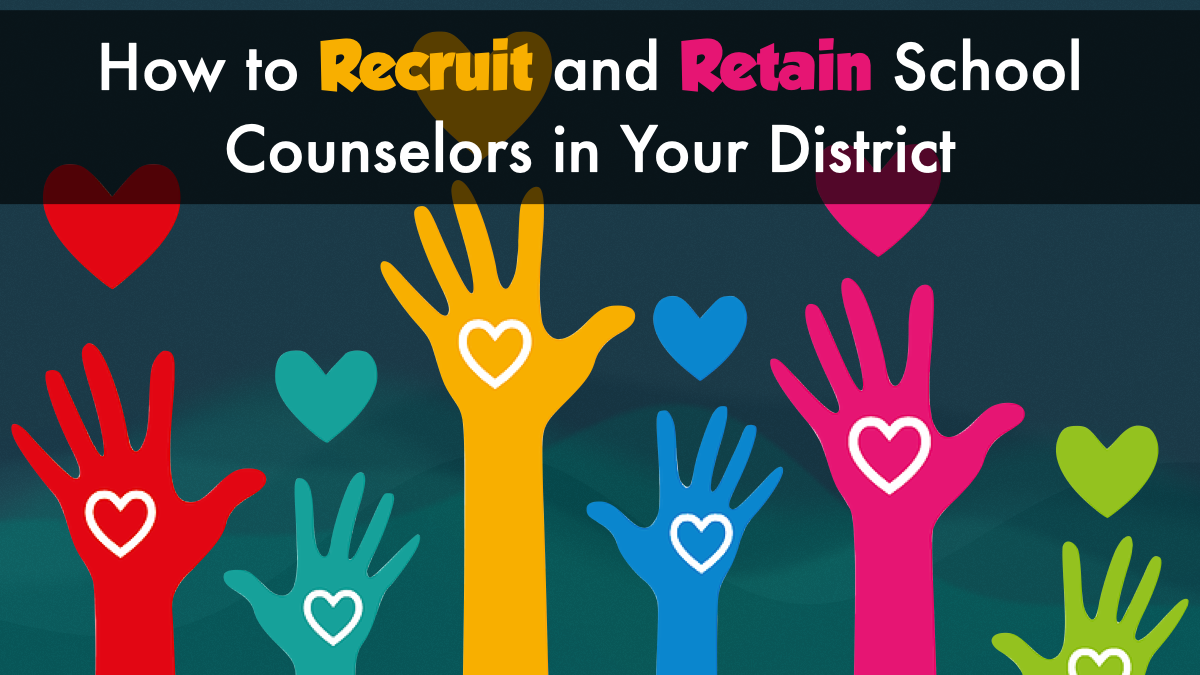
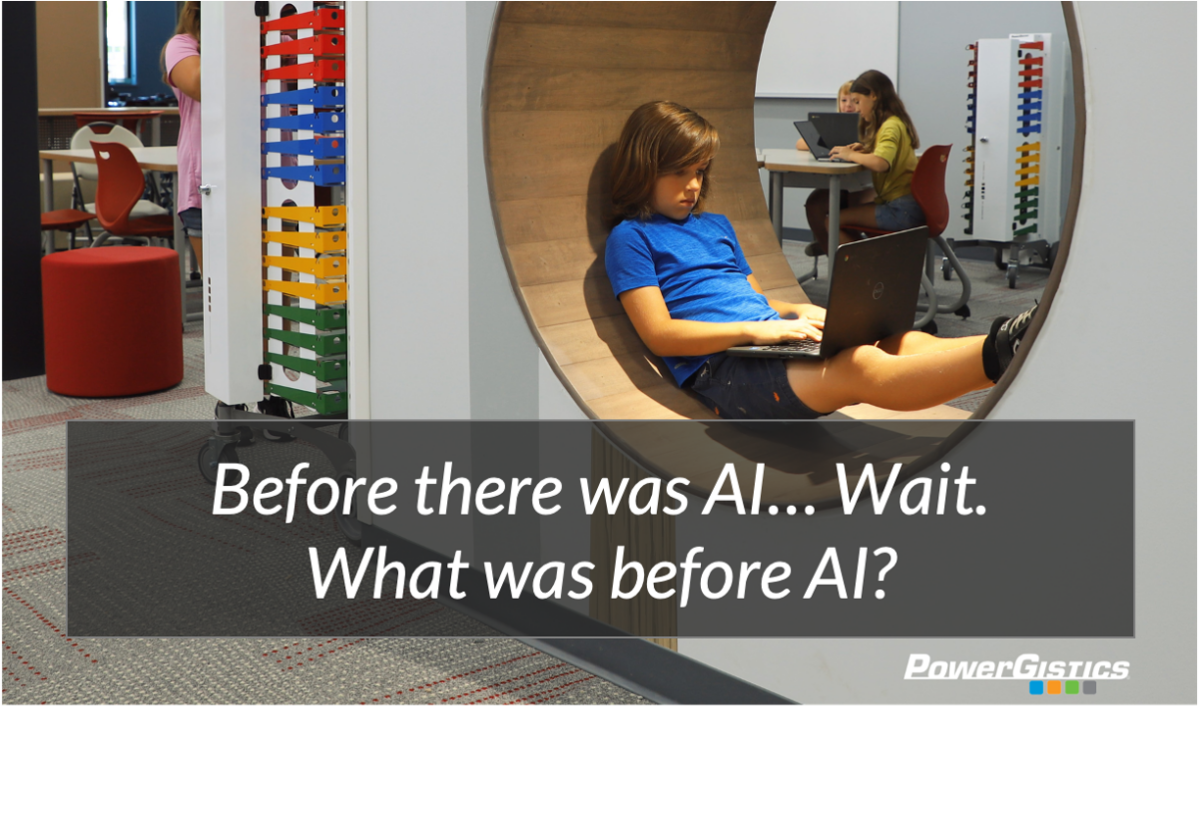

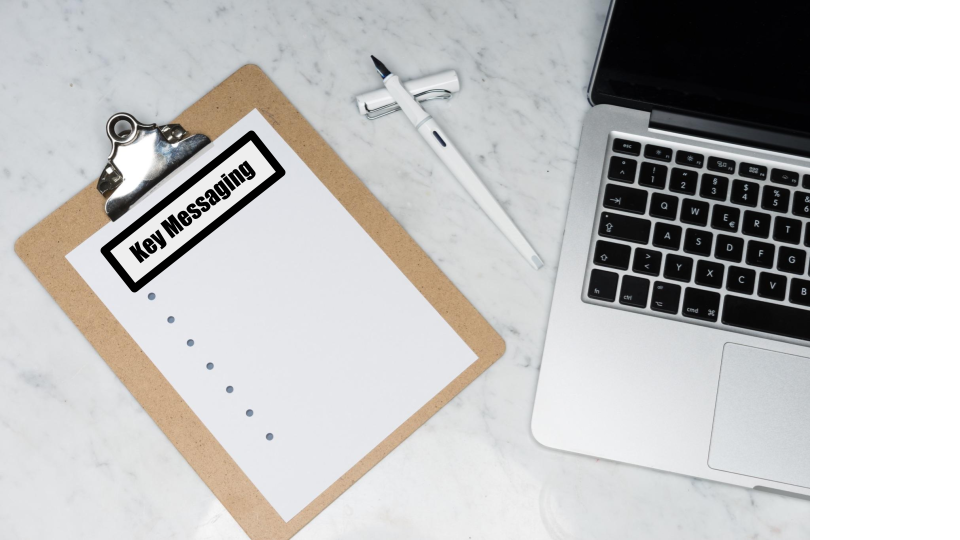
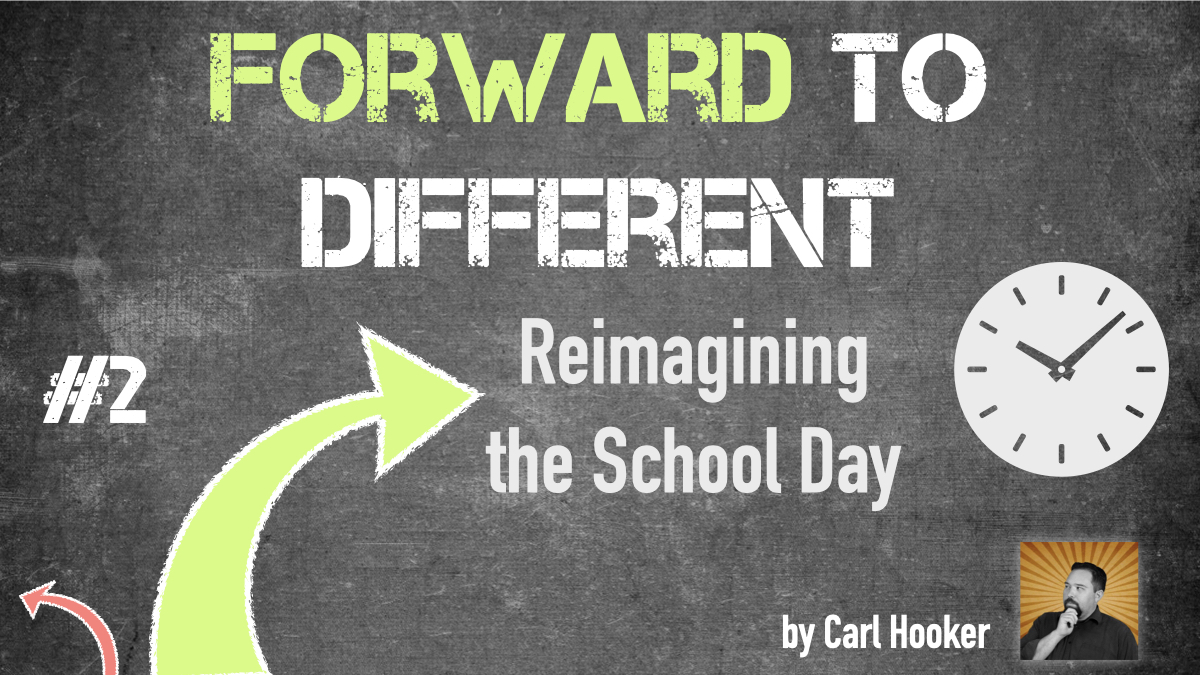
Responses